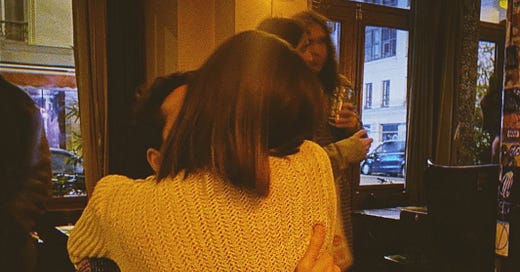
1
The year was 2020, and though there were whispers of a strange new virus, the general sense amongst my peers was that after years of political and civil strife, this was going to be a good year.
Looking back on those winter days now, I can see myself clearly as I was: a paradoxically exaggerated…
Keep reading with a 7-day free trial
Subscribe to if not, Paris to keep reading this post and get 7 days of free access to the full post archives.



